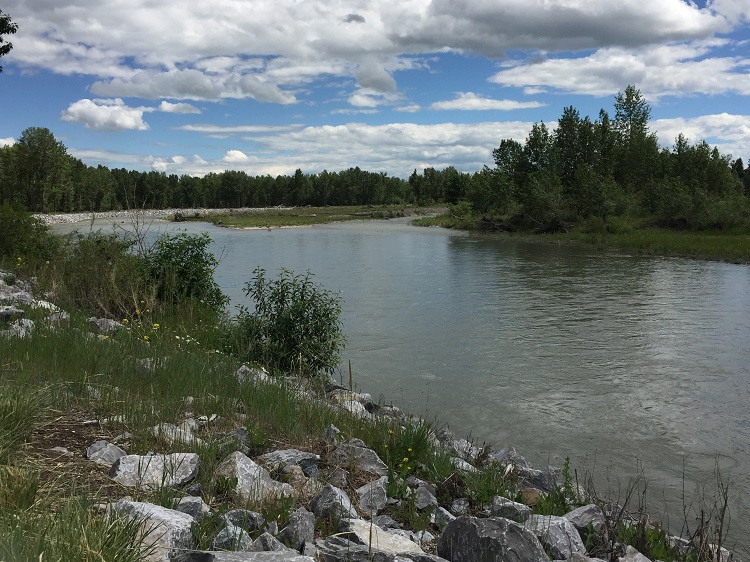As the province moves into the big game hunting season, Alberta Parks is noticing an annual increase in the amount of people registering for hunting licenses.
Director of Wildlife Policy for Alberta Matt Besko says, this increase is more than a yearly spike.
"On a ten year basis we are seeing an increase in the number of hunting licenses, and more importantly there is a per capita increase, so it exceeds quite slightly the population growth for Alberta as a whole. We are one of the very few jurisdictions with a per capita increase."
Besko says quality, variety and opportunity of hunting in Alberta gives the sport a strong presence in the area.
"I speculate that Alberta in terms of retention and in terms of recruitment has an abundance of big game species, we have an abundance of game management and opportunities. We're are also a jurisdiction that's relatively inexpensive, if you compare the type of hunting that we do here on a global basis, we're relatively inexpensive.
Besko notes that a few distinct demographics are showing more interest in hunting.
"We are also seeing an uptake in terms of a younger demographic of 26-34, that are increasing in their hunting numbers. I think it's likely due to to local food movements and much more exposure via social media. So I think that people are taking advantage of opportunities we have here in Alberta."
On August 2018 Alberta Environment and Parks Minister Shannon Phillips announced that the provincial government is reducing hunting license costs for seniors.
Besko says it's still too early to tell, but current numbers for the year demonstrate that this change is increasing the amount of participation among older hunters.
"So far we have an eleven percent increase in the number of seniors hunters that are purchasing these tags, so they are taking advantage of this opportunity. We really won't know the full picture quite likely, until the middle of big game season for the most of province that starts in the middle of November."
Not all group demographics are increasing, Besko says younger hunters are on the decline, and usually only get involved in hunting if they have mentorship.
"In terms of youth involvement, that is one demographic that we are not seeing an increase in fact, we are seeing a decrease. That is something that is quite important for us to get long term retention, is to get that youth demographic, so people between the ages of 12-17. I think there is a number of different reasons for the decrease, in order to hunt it's not a simple thing. You need to be mentored for quite some time, there's also some licensing requirements, hunter safety courses, species recognition and you need some gear and equipment. It's not simple, and it's generally taken up by youth if their parents hunt, and we are seeing a lot of competition for kids time as well."
Besko says the provincial decision to reduce license cost for seniors may help youth get the mentorship they need to break into the sport.
"There is compatibility between youth licenses and seniors licenses in terms of mentorship opportunity. It involves transferring that knowledge, taking youth out and actively experiencing sustainable ecologically significant activity. It's very much an activity where you are an active part of the ecological process."
Send us your news tips, story ideas and comments at news@okotoksonline.com


